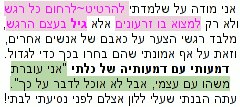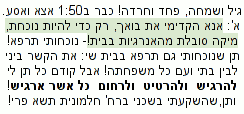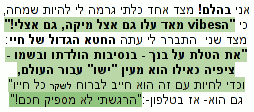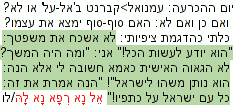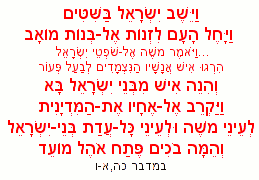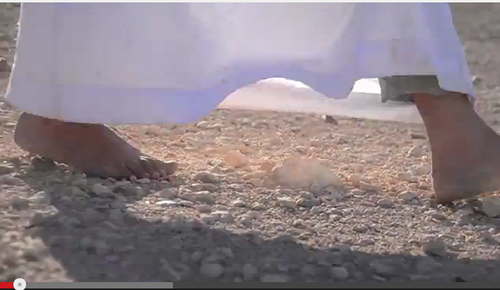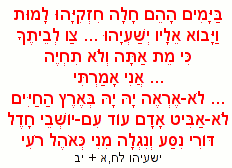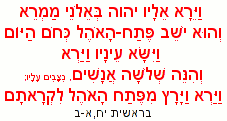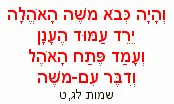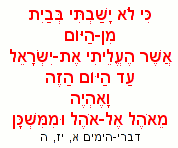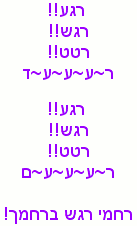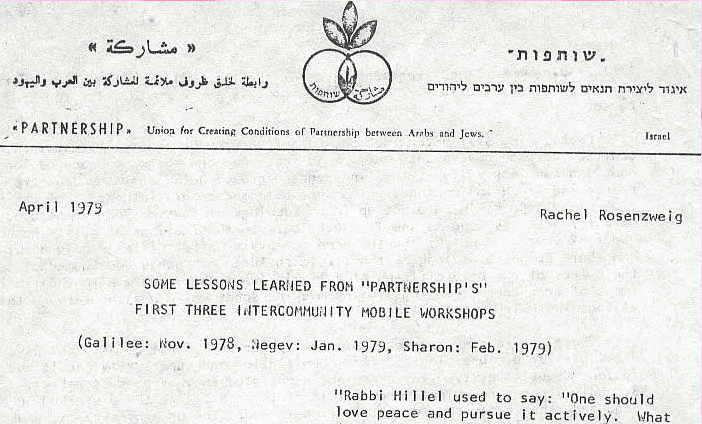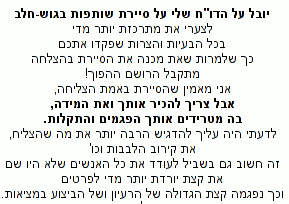|
| See
below: 2002
- Israel~Ismael-My
Peace-work in the Seventies>Mobile "Partnership" Workshops
|
2014
The FELT days 254, 255, 256, 257 ~ of the next 15 FELT years
[see linear time-line]
| |
to feel better,
you have to get better at feeling! 1 5 y e a r s = 5 4 8 0 days of g e f u e h l t e - g e f u e l l t e Z e i t "inmitten der Ewigkeit", f e l t - f i l l e d t i m e "amidst eternity" from the beginning of my 76th till the completion of my 90th year [unless I'll die after all] The feeling chosen from a day is exhibited in max. 7 lines per day since August 28, 2013 Since March 25, 2014, almost the only documentation of my life is distilled in "Felt Days"!! -- -What is implied in the biblical Tent-quotes, is my role in the manifestation of the Tent-Vision! Names in Latin letters on top can be found in "Search" or on the Internet Nourishment refers to every outside input, which I enjoyed or from which I learnt. Often some "Driving Backward into the Future" is presented in a link beneath a day's song! |
|
| Move
to my next Felt Day in
Closeup>Rotem&Tomer |
May 19, 2014- OHEL 102 from among its 365 appearances in the Bible
|
In these barefoot steps above the Ramon-Crater I'm "investing" my hope for a movement in the manifestation of the Tent-Vision
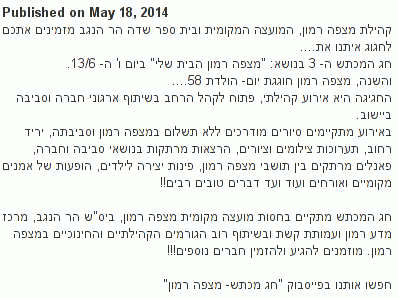 |
Recorded in 2012 from puzzle-piece
13 -
inserted next to a dance scene (on TV), which included my granddaughter Elah,
on the Day of Independence 2003
that feelings have to be felt,
because DENIAL of feelings
is the cause of all misery on earth,
and I can prove that eloquently.
But now I remember a line in the "Blue Book"
"Right Use of Will offers ....to recover the powers of the Will
.... an opportunity ...of enjoying life to its fullest".
| In other words - it's so banale, I'm ashamed to call it an insight - it's not only for saving myself and humankind from misery, that stopping denial is asked for, but in order to enjoy life to its fullest. Enjoying life doesn't mean, that the feelings have to be"good". I KNOW, that I can enjoy almost all feelings, for the very reason, that they are feelings, which means I am vibrating and therefore living. |
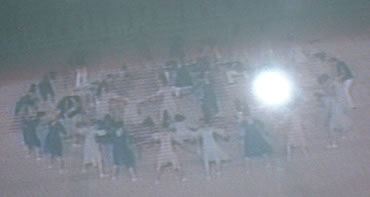 |
Which means, that instead of judging myself
for creating bad feelings
(mainly three:
"I should work and complete what I've started!"'
"I shouldn't have said or written this or that, or I shouldn't have talked
so much,"
and: "I don't want to exist".)
I want to be GRATE-FULL
for all these OPPORTUNITIES TO FEEL.
Also when I've done something,
which causes a turmoil (...) for others
and for myself,
instead of blaming myself,
I should be grateful for this great chance to feel,
even if it's anger and fear, guilt and shame.
May 20, 2014- OHEL 103 from among its 365 appearances in the Bible
She did so, but "I was disappointed! I thought he would give me a clear answer: "yes you are going to die!" But he didn't." I laughed: "You see? I, too, if told, 'you'll die in 6 months', would be disappointed: why not tomorrow? And you know, that I constantly wonder, why all these 7 000 000 000 people want to live. But since there is no death, you better make up your mind, that and what for you have to live." Then Tzippi's depressive friend came and we entered the issue "of not wanting to live" deeply. And now this ardent prayer [read all of it!] of a Judaean King 2750 years ago, what all he would miss if dead. And why is he allowed to live: because of his "great weeping", "your tears"! |
my diary written during my visit of my daughter's family
while they stayed in Bolder/Colorado for 2 years, 1994-1995.
["I talked with the director of the Licennse-department of KOA on the phone,
after I had endeavored for 4 hours to accumulate info for him about my Desert-Vision.
There was one pretty print with the shortest phrasing in English:
Succah in the Desert
Integration of Nature and Man
7 beautiful "auccahs" with solar energy,
strewn in the desert calm,
inviting hosts for creation and guests for re-creation.
I probably would find this text in one of the pages
of my Succah-Desert-Vision on Healing-K.i.s.s.,
but what intrigues me, is the combination
of my so loving stay with Ronnit and Uri, Jonthan and Rotem,
their two first-born children who were already on Earth then,
with my Desert-Vision - on this day,
on which I set out to finally reach them at Modi'in and stay with them again - lovingly, I pray. When searching for something in my computer archive, I came across this image, its title: Dec. 2005 in the park. How can this be? in what park and 2 years after R's separation from me? 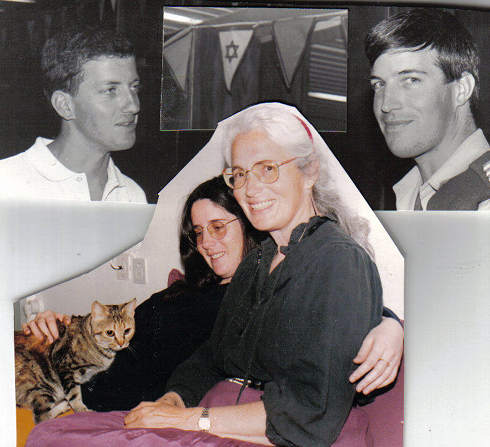 The
composition of my young children, always present on my wall. The
composition of my young children, always present on my wall. |
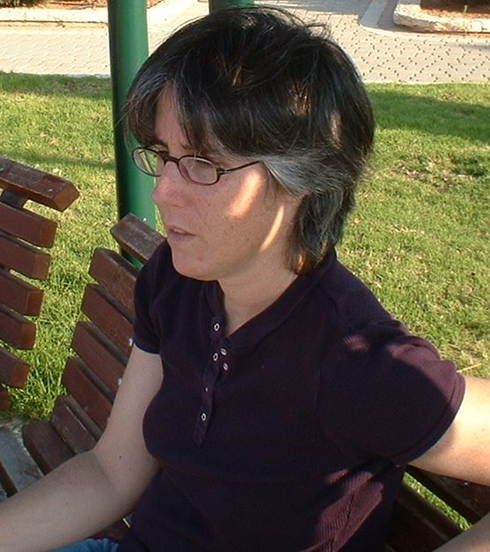 |
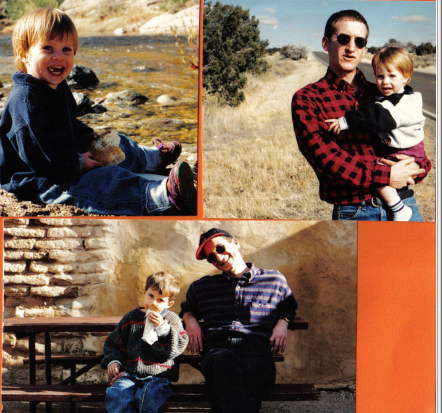 |
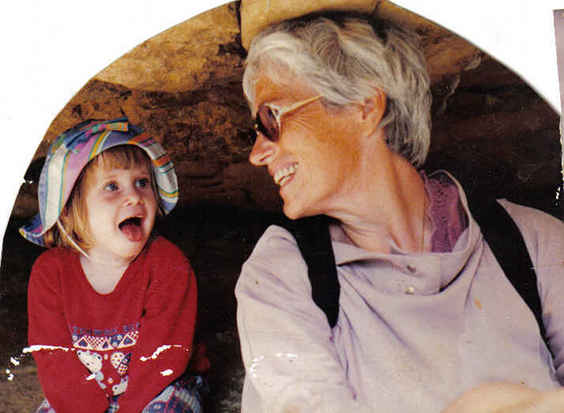 |
Ronnit and Uri, Rotem and Jonathan + I and Rotem in a cave (where else?), I and Jonathan on a tree (where else?)
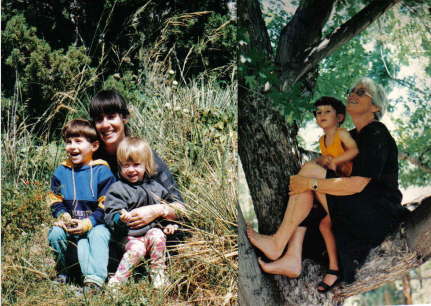 |
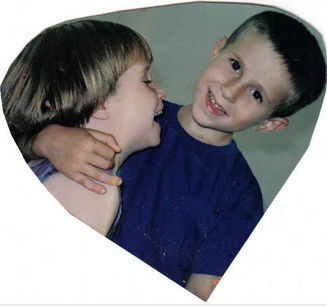 |
See much more in January 2007-The Four Elements: Yael and Itamar (Ronnit's kids), Arnon and Ayelet (Micha's kids)
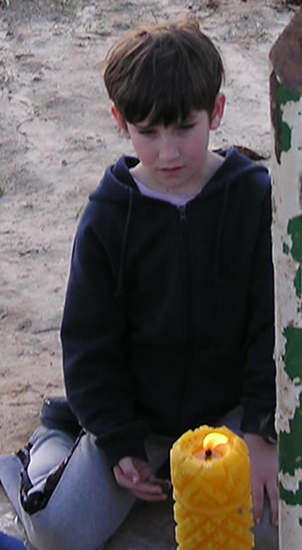 |
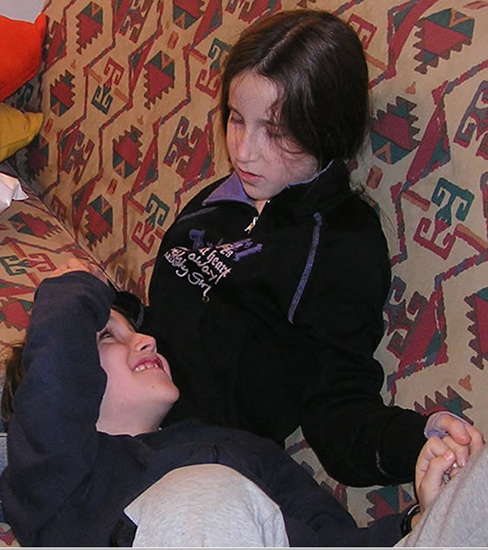 |
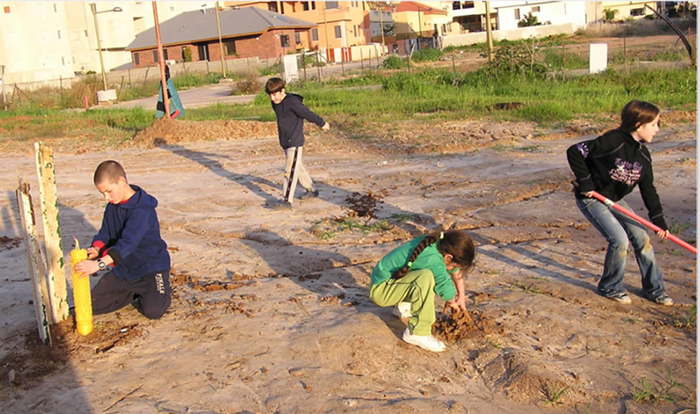 |
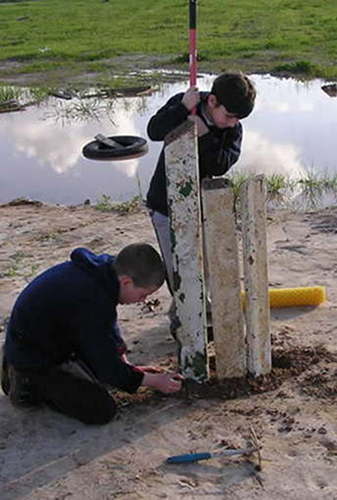 |
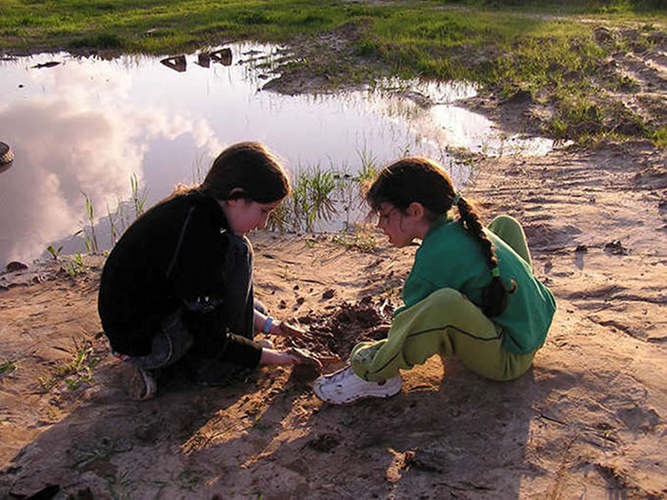 |
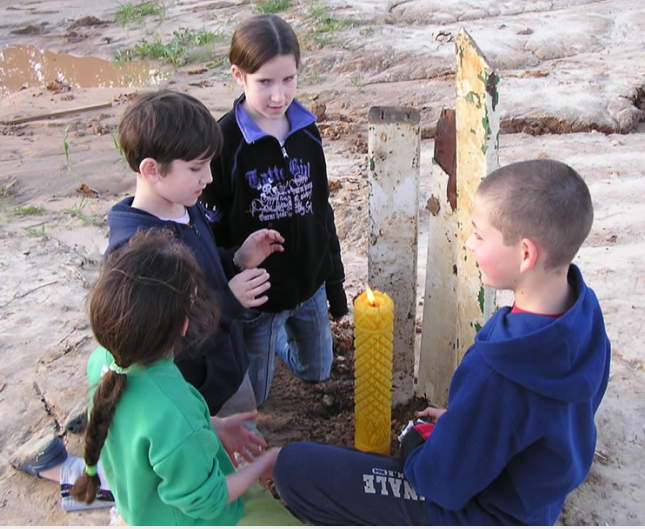 |
May 21, 2014- OHEL 104 from among its 365 appearances in the Bible
and I hope, that the punishment meant for the evildoeers, was not Ijob's belief, but only that of the "friend" he chose for these dialogs. |
May 22, 2014- OHEL 105 from among its 365 appearances in the Bible
|
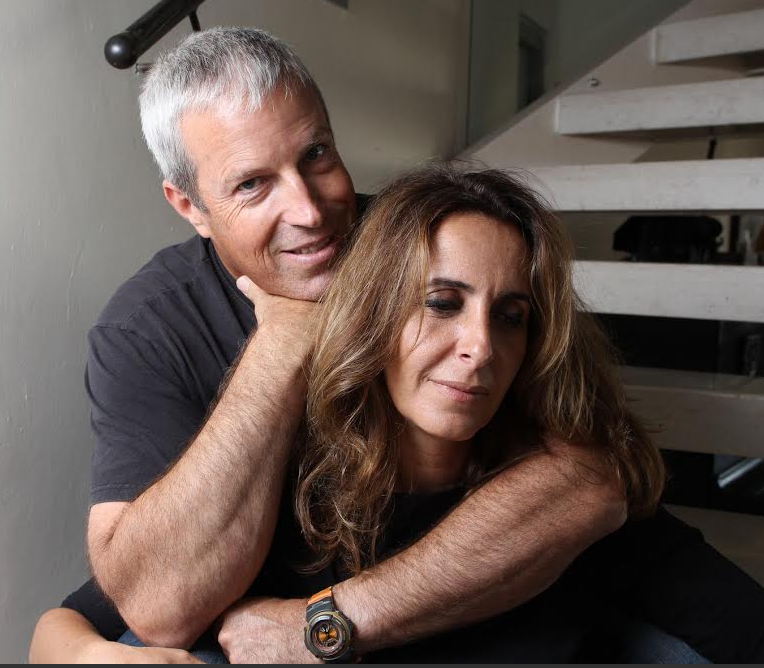
During my stay at Shoham this time I detected
this glorious photo and asked Efrat to send it to me
|
Video
about The Tent-Vision "Once humans know who they are |
| Move
to my next Felt Day
in Closeup>Rotem&Tomer |
2002
MY
V IS ION |
|
|||
| 1)
E-volving, Un-folding the "SPS" resources
of the Desert 2)
Since 1974, my peace-work[started in 1958] has been based on: |
|
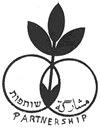 |
3)
Positive dependency or" Partnership" is based on 3 conditions: 4)
After 40 years of having PRACTICALLY tested this theory , |
|
See also a small-scale application: a Desert Peace Process 2002 and the pages about the RedSeaPartnerSHIP, especially my late and sad insight...
2002
SOME LESSONS LEARNED FROM "PARTNERSHIP'S"
|
